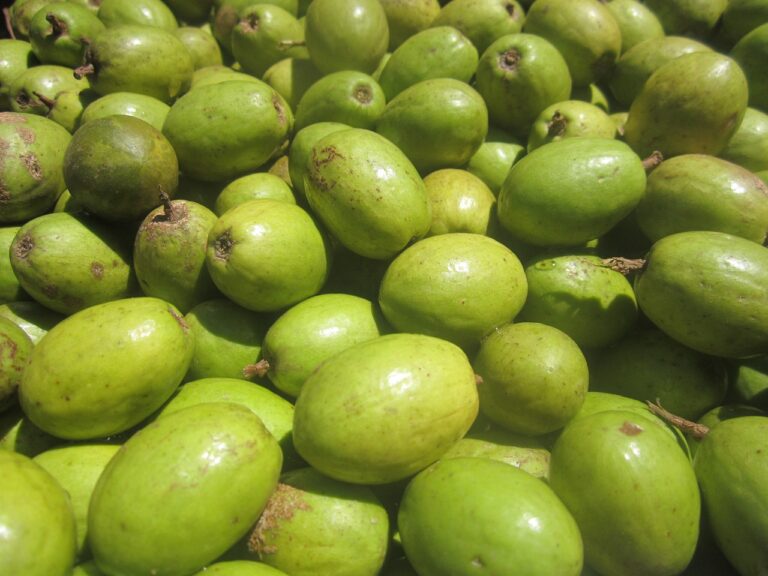Promoting Sustainable Food Systems for a Healthier Planet: Diamondexch9, Sky99exch com login, Reddy club
diamondexch9, sky99exch com login, reddy club: Promoting Sustainable Food Systems for a Healthier Planet
As our global population continues to grow, the issue of food sustainability becomes increasingly critical. Our current food systems are putting a strain on the planet, leading to deforestation, water scarcity, and climate change. In order to ensure a healthier planet for future generations, it’s essential that we promote sustainable food systems.
What are sustainable food systems?
Sustainable food systems are those that are environmentally friendly, socially responsible, and economically viable. This means producing food in a way that minimizes harm to the environment, respects the rights and well-being of workers and communities, and ensures that food production is economically viable for all stakeholders involved.
How can we promote sustainable food systems?
1. Support local farmers
One of the best ways to promote sustainable food systems is to support local farmers. By purchasing food from local farmers markets and community-supported agriculture programs, you can help reduce the carbon footprint of your food and support small-scale farmers who are using sustainable farming practices.
2. Eat a plant-based diet
Eating a plant-based diet is not only healthier for you, but it’s also better for the planet. Animal agriculture is a major contributor to greenhouse gas emissions, deforestation, and water pollution. By reducing your consumption of animal products and opting for plant-based alternatives, you can help reduce the environmental impact of your diet.
3. Reduce food waste
Food waste is a significant issue in our current food systems. By reducing your food waste, you can help decrease the demand for food production, which in turn reduces the strain on the planet. Make an effort to plan your meals, store food properly, and compost food scraps to minimize waste.
4. Choose sustainably sourced seafood
Overfishing is a major threat to our oceans and marine ecosystems. When purchasing seafood, look for labels that indicate sustainable sourcing practices, such as the Marine Stewardship Council certification. By choosing sustainably sourced seafood, you can help protect marine biodiversity and support responsible fishing practices.
5. Support policies that promote sustainability
As consumers, we have the power to influence food policies through our purchasing decisions and advocacy efforts. Support policies that promote sustainability, such as carbon pricing, food labeling regulations, and incentives for sustainable farming practices. By advocating for these policies, we can create a more sustainable food system for all.
6. Educate yourself and others
Education is key to promoting sustainable food systems. Take the time to learn about food production, agriculture practices, and the environmental impact of our food choices. Share this knowledge with others to raise awareness and inspire action towards a healthier planet.
In conclusion, promoting sustainable food systems is essential for a healthier planet. By supporting local farmers, eating a plant-based diet, reducing food waste, choosing sustainably sourced seafood, supporting policies that promote sustainability, and educating ourselves and others, we can make a positive impact on our food systems and the environment. Together, we can work towards a sustainable future for all.
FAQs:
1. What are the benefits of promoting sustainable food systems?
Promoting sustainable food systems can help reduce greenhouse gas emissions, preserve biodiversity, improve soil health, and protect water resources. It also supports local economies and promotes social equity within food production systems.
2. How can consumers make a difference in promoting sustainable food systems?
Consumers can make a difference by supporting local farmers, choosing sustainably sourced foods, reducing food waste, advocating for sustainable food policies, and educating themselves and others about the impact of their food choices.
3. What role do government policies play in promoting sustainable food systems?
Government policies play a crucial role in promoting sustainable food systems by incentivizing sustainable farming practices, regulating food labeling, and supporting research and innovation in sustainable agriculture. By supporting policies that promote sustainability, governments can help create a more resilient and equitable food system for all.







